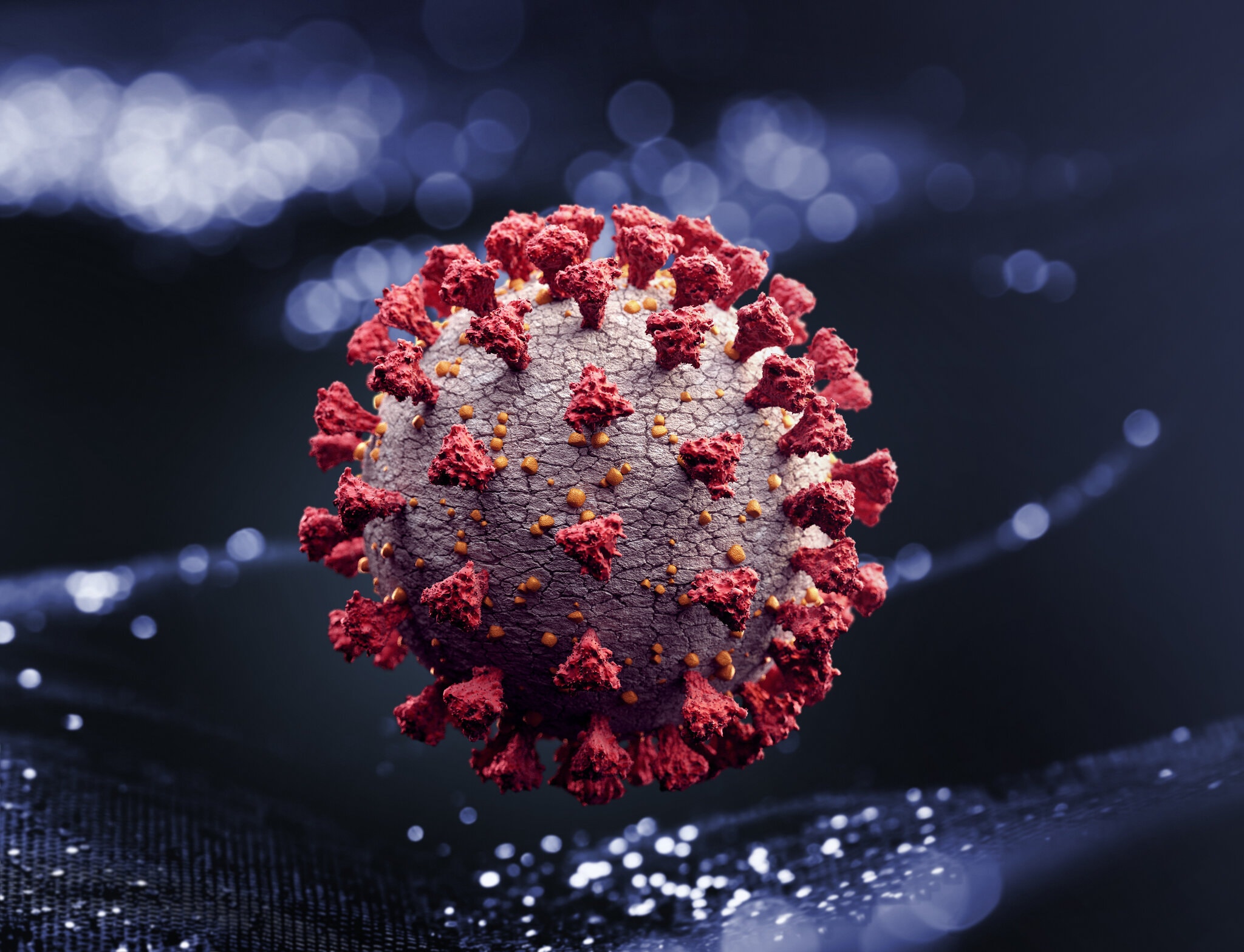Is A New COVID-19 Variant Behind The Recent Case Increase? WHO Investigation

Table of Contents
The Current COVID-19 Landscape: A Global Perspective
Globally, COVID-19 cases have shown fluctuating patterns since the initial pandemic wave. While many regions have experienced a decrease in severe illness and mortality due to widespread vaccination and prior infection, recent reports indicate a concerning rise in infection rates in certain areas. Several regions are experiencing a renewed increase in hospitalizations, although the severity of illness appears to vary geographically.
- Global Trends: The overall global trend is complex, with some countries showing stable case numbers, while others are seeing a significant increase. This highlights the uneven distribution of the virus and its continued presence as a public health concern.
- Regional Hotspots: Specific regions are reporting a substantial increase in COVID-19 cases, requiring heightened monitoring and public health interventions. These hotspots frequently warrant increased attention from international health organizations to assess the potential factors responsible.
- Statistics: While precise figures fluctuate daily, reliable sources like the WHO and national health agencies provide regularly updated data on COVID-19 case numbers, hospitalization rates, and mortality rates, offering a crucial snapshot of the current pandemic situation. These statistics are fundamental in informing public health responses and resource allocation.
Analyzing the Potential for a Novel COVID-19 Variant
The emergence of new COVID-19 variants is a natural consequence of viral evolution. These variants arise through genetic mutations, some of which can affect the virus's transmissibility, severity, and ability to evade immunity from previous infections or vaccinations. Identifying and monitoring new variants is crucial for understanding the pandemic's trajectory and adapting public health strategies.
- Variant Identification and Monitoring: Genomic surveillance plays a critical role in identifying new variants. Scientists analyze viral samples to detect genetic changes and track the spread of new lineages.
- Characteristics of a "New" Variant: A new variant might exhibit increased transmissibility (spreading more easily), altered severity (causing milder or more severe illness), or the ability to escape immunity conferred by prior infection or vaccination. These characteristics are crucial factors determining public health responses.
- Impact on Vaccines and Treatments: The emergence of new variants can potentially reduce the efficacy of existing vaccines and treatments. This necessitates continuous research and development of updated vaccines and therapeutics to maintain protection against evolving strains. The impact on vaccine effectiveness is a key area of focus for researchers and health authorities.
The WHO's Investigation: Methodology and Preliminary Findings
In response to the recent rise in COVID-19 cases, the WHO has initiated a comprehensive investigation to determine the contributing factors. Their methodology involves a multi-pronged approach combining various scientific techniques and collaborative efforts with national health authorities.
- WHO Response: The WHO's response includes coordinating global genomic surveillance efforts, sharing information with member states, and providing technical support for public health responses.
- Investigation Methods: The investigation utilizes genomic sequencing to identify circulating variants, epidemiological studies to understand transmission patterns, and collaboration with researchers worldwide to analyze the characteristics of emerging strains. This data-driven approach enables informed decision-making at both the national and international levels.
- Preliminary Findings: [Insert any publicly available preliminary findings from the WHO regarding the investigation of potential new variants, their characteristics, and their potential impact. This section needs to be updated as new information becomes available.]
Other Contributing Factors to the Case Increase
While the emergence of a new variant is a significant possibility, it's crucial to acknowledge that other factors may contribute to the increase in cases.
- Reduced Public Health Measures: A relaxation of public health measures, such as mask mandates and social distancing guidelines, can lead to increased transmission.
- Waning Immunity: The immunity conferred by vaccination or prior infection can wane over time, making individuals more susceptible to infection. Booster doses can help to maintain immunity levels.
- Seasonal Changes: Seasonal variations in weather patterns and human behavior can influence virus transmission rates.
- Increased Social Interactions: Higher levels of social interaction, especially in indoor settings, can create opportunities for viral spread.
Conclusion: Addressing the Question of a New COVID-19 Variant and a Call to Action
The WHO's ongoing investigation is crucial in determining the extent to which a new COVID-19 variant is contributing to the recent surge in cases. While preliminary findings may not yet definitively link the increase solely to a new variant, the possibility remains a significant concern. Other factors, including waning immunity and reduced public health measures, likely play a role. Continued monitoring and research into COVID-19 variants are paramount.
Stay informed about the latest updates on new COVID-19 variants from reliable sources like the WHO and your local health authorities. Learn more about the WHO's ongoing investigation into new COVID-19 variants. Protect yourself from new COVID-19 variants by practicing preventive measures, including vaccination and staying up-to-date with booster shots, and adhering to public health guidelines. The fight against COVID-19 is an ongoing process, and staying informed is essential for collective protection.

Featured Posts
-
 Us Imposes Travel Ban On Foreign Officials Due To Social Media Policies
May 31, 2025
Us Imposes Travel Ban On Foreign Officials Due To Social Media Policies
May 31, 2025 -
 Elon Musks Departure From Trump Administration The End Of An Era
May 31, 2025
Elon Musks Departure From Trump Administration The End Of An Era
May 31, 2025 -
 Banksy On Your Wall A Practical Guide
May 31, 2025
Banksy On Your Wall A Practical Guide
May 31, 2025 -
 Faizan Zakis Triumph Winning The Scripps National Spelling Bee
May 31, 2025
Faizan Zakis Triumph Winning The Scripps National Spelling Bee
May 31, 2025 -
 Glastonbury And San Remo 2025 Full Lineup Revealed
May 31, 2025
Glastonbury And San Remo 2025 Full Lineup Revealed
May 31, 2025
